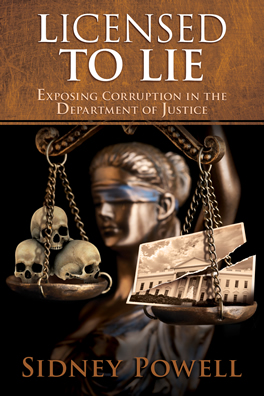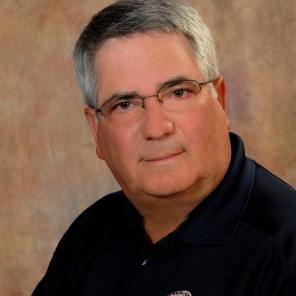During Lively Argument, the 9th Circuit En Banc Tells Prosecutor the U.S. Attorney Should Confess Error
 During oral argument before the En Banc Ninth Circuit in United States v. Maloney, Chief Judge Kozinski, Judges Pregerson, Fletcher, Wardlaw, Thomas, and others, anatomically rearrange an experienced Assistant United States Attorney. The representative of the Sovereign just can’t seem to admit that the trial attorney told the jury in his rebuttal argument a “fact” that was simply NOT in the record. By doing so, the trial prosecutor unfairly infected the trial with a ridiculous and obviously intentional misrepresentation. He “sandbagged” the defense.
During oral argument before the En Banc Ninth Circuit in United States v. Maloney, Chief Judge Kozinski, Judges Pregerson, Fletcher, Wardlaw, Thomas, and others, anatomically rearrange an experienced Assistant United States Attorney. The representative of the Sovereign just can’t seem to admit that the trial attorney told the jury in his rebuttal argument a “fact” that was simply NOT in the record. By doing so, the trial prosecutor unfairly infected the trial with a ridiculous and obviously intentional misrepresentation. He “sandbagged” the defense.
The entire argument is worth watching to see how a good court (or apparently the majority thereof) handles prosecutorial misconduct-addressing it head-on instead of whitewashing or rationalizing it. After all, as Judge Pregerson repeatedly states, a defendant is entitled to a FAIR trial.
This is also an excellent demonstration of how a federal prosecutor should not argue a case on appeal, and Bruce Castetter should have known better.
The Assistant United States Attorney who tried the case, Steve Miller, was sitting in the courtroom. The District Judge who denied the defendant so much as surrebuttal to refute the prejudicial, unfair, and dishonest argument was Dana M. Sabraw of the Southern District of California.
Chief Judge Kozinski instructs the Assistant United States Attorney to sit down with his United States Attorney upon return to his office, review the video of the argument, and consider the benefits of confessing error. Hallelujah!
The really good part begins about 25 minutes into the argument. To read the panel decision that appears to be going onto the scrap pile, see 11-50311United States v. Maloney Panel Opinion.











1 Comment
This bothers me for a couple of reasons
1. Confessing error is an easy out that most participants in the justice system do not get. I’d rather see some naming and shaming.
2. Guilty pleas comprise 95-98% of resolutions in all criminal cases. I’d guesstimate that half of those take a good look at the powers arrayed against them and fold. A few published opinions on prosecutorial misconduct may change those numbers.
3. At the end of the day, there are 0 consequences. The government gets to retry the defendant, unimpeded by sanctions or the like. The defendant may prevail, but may not. Castetter and his assistant will still be paid. Castetter will retire with a juicy pension.